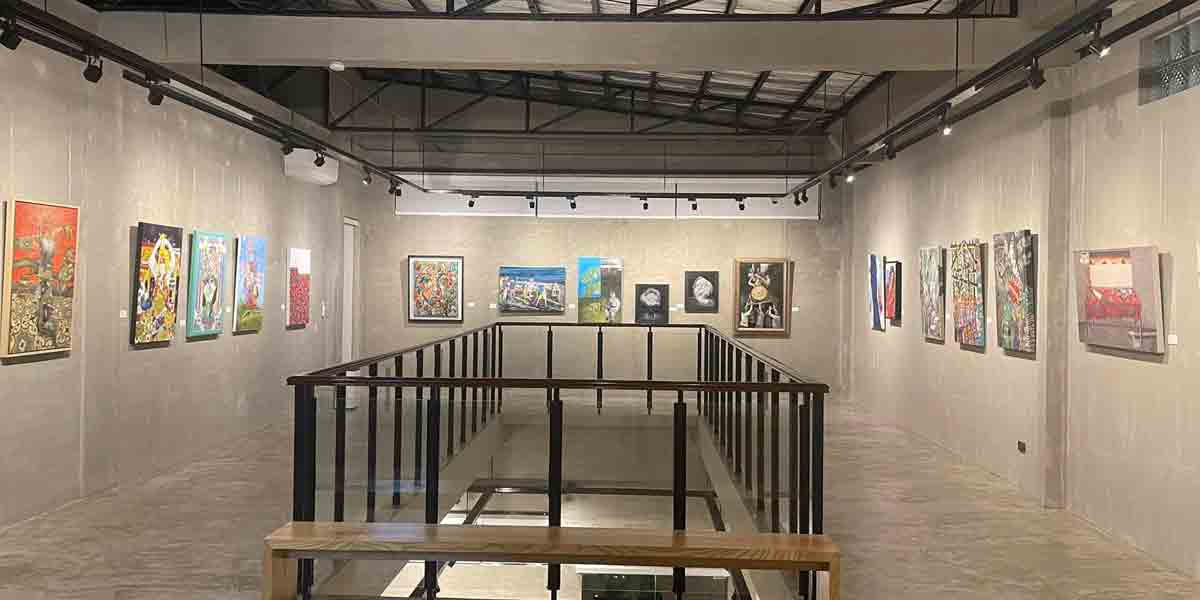
By Emme Rose Santiagudo
The municipal government of Malay in Aklan will temporarily block tourists from China, Hong Kong, and Macau to prevent the entry of the novel coronavirus (2019 nCoV) in the town and tourist haven Boracay Island.
During its session on Thursday, the Sangguniang Bayan of Malay passed a resolution requesting the municipal mayor of Malay to issue an executive order temporarily suspending the entry of all persons with travel history from China, Hong Kong, and Macau in the past 14 days.
Madel Joy Tayco, Nurse II of the Malay Municipal Health and spokesperson of the town’s inter-agency task force, said the town council adopted the resolution upon recommendation of the inter-agency task force on Wednesday.
“The Inter-Agency Task Force Against the Novel Coronavirus of the Municipality of Malay passed the resolution on Wednesday. It was forwarded to the council to seek authorization from the mayor and issue an executive order,” Tayco said in a phone interview Thursday.
The move is part of efforts to keep Boracay Island free from the threats of the 2019 novel coronavirus (2019-nCoV) acute respiratory disease.
Aklan Governor Florencio Miraflores said that they have prepared six isolation rooms in their referral hospital, Dr. Rafael S. Tumbokon Memorial Hospital in Kalibo, Aklan, to cater to persons under investigation (PUIs).
303 PUMs left in Malay
On Wednesday, Tayco said they recorded 22 Chinese nationals who were able to enter Malay despite the temporary travel ban imposed by President Rodrigo Roa Duterte on Feb 2, 2020.
As of the moment, Malay has 303 persons under monitoring (PUMs) who are staying in different hotels and establishments in Boracay.
“We monitored 303 of them, mostly Chinese nationals. The 22 that we recorded on Wednesday was already included in the number,” Tayco said.
According to Tayco, the 303 tourists entered Malay through different entry points such as the Kalibo International Airport and the Caticlan Airport.
“They were able to enter the town even before the travel ban. But we are constantly coordinating with the hotels and establishments where they are staying,” she said.
Before this, the Malay Municipal Disaster Risk Reduction and Management Office (MDRRMO) had announced during the Pre-Disaster Risk Assessment meeting of the Regional Disaster Risk Reduction and Management Council (RDRRMC)-6 that around 2,000 tourists remained in the island and are considered PUMs.
The local government of Malay then clarified the number on Wednesday and said that only 429 PUMs remain on the island.
According to Tayco, the 2,000 tourists who arrived in Malay from Jan 25 to Feb 3 were initially identified as PUMs.
“Wala pong mali, indi siya na-expound. Yung 2,000 po kasi eto po yung arrivals namin between January 25 and February 3. Based on the definition tool of the PUMs, kung titingnan natin, yung 2,000 would really be considered as PUMs,” she said.
However, the numbers of those who returned home and checked out of hotels and establishments were not excluded from the total figure.
“Hindi na-minus yung nag-check out from the hotels. That is why we released the numbers yesterday,” she said.
Even before the travel ban, Tayco said the tourists were already here in the country and reached Malay through several domestic flights.
“There are many Chinese and non-Chinese nationals who were able to enter the country before the ban since there was the recent celebration of Chinese New Year. They reached Aklan through the domestic flights,” she said.
Tayco said they are closely in contact with the Department of Tourism (DOT) including the hotels and establishments in Malay where the 303 remaining PUMs are staying to monitor their conditions.
As of February 5, the health department recorded 14 persons under investigation (PUIs) in the region.
Out of the 14, five were negative for 2019-nCoV and eight were discharged.



















